
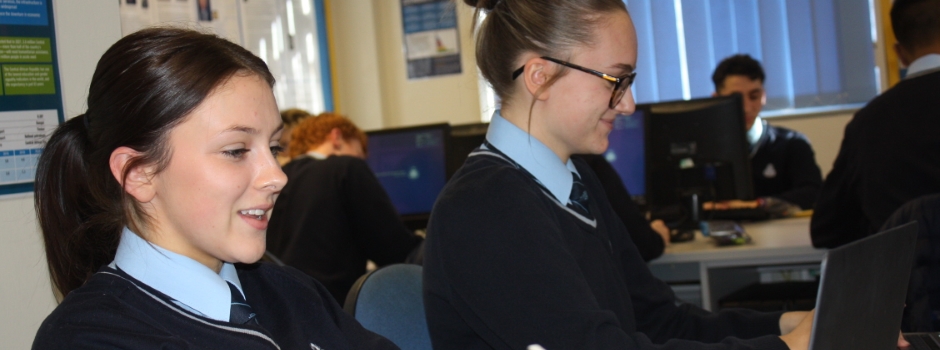
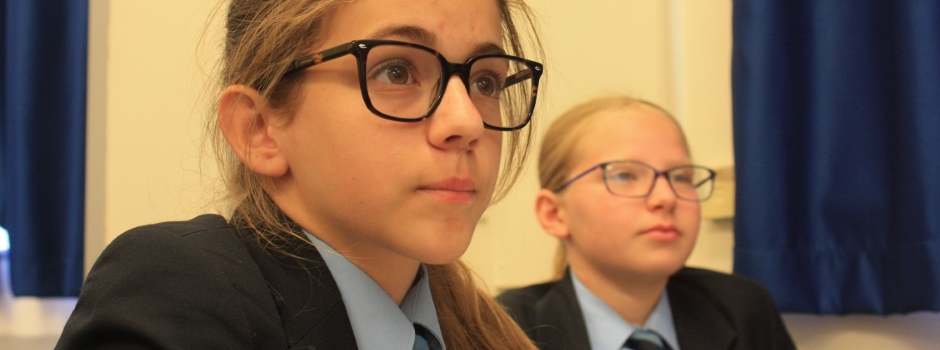
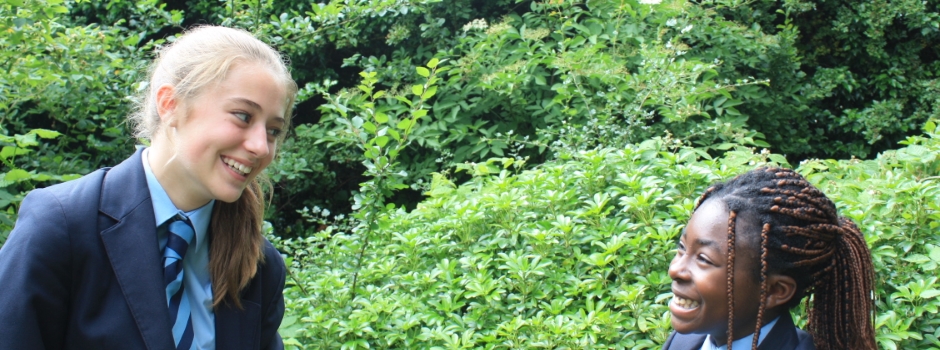



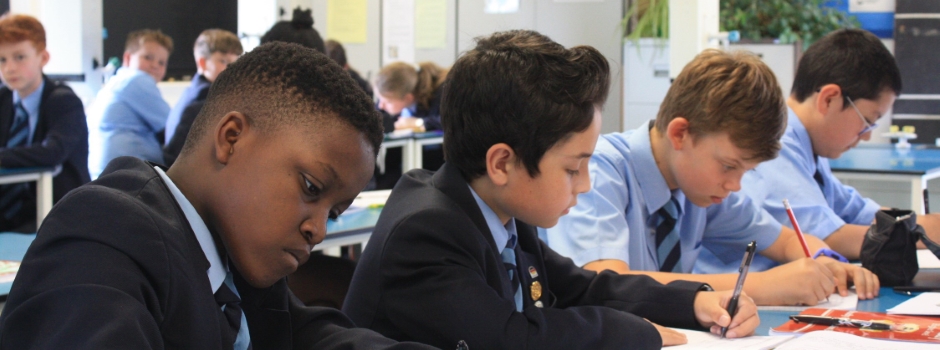












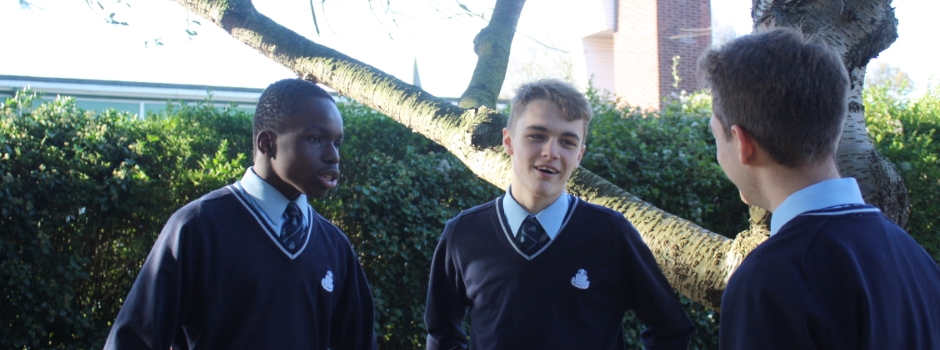

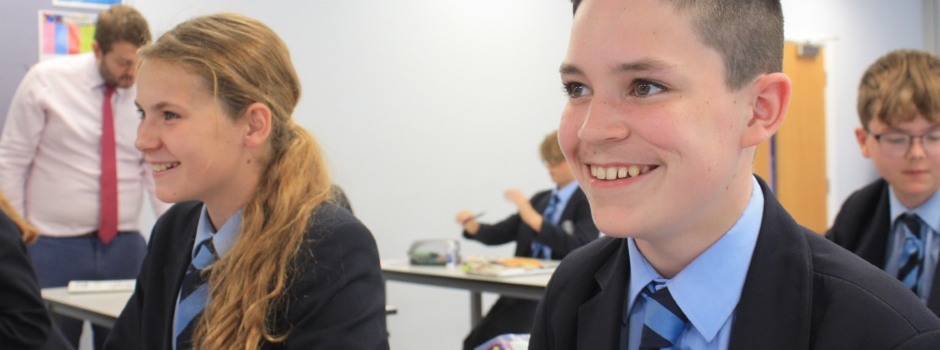
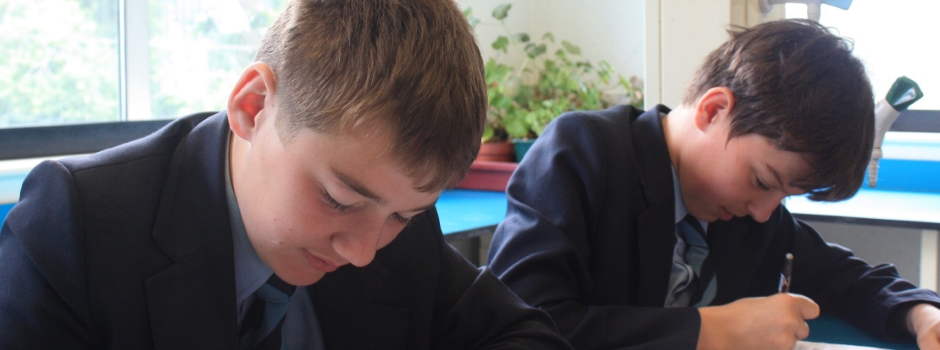















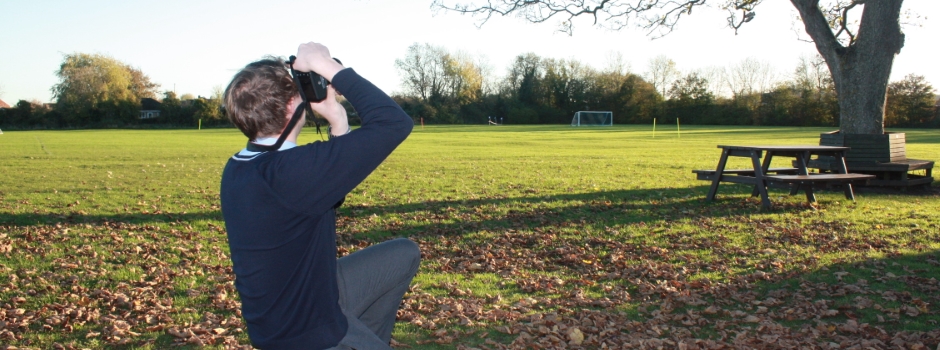








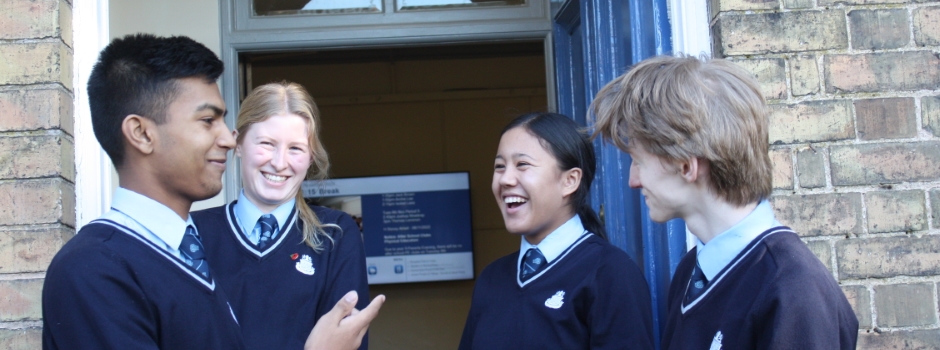



"We are so very grateful for the Outstanding education that Mitchell has received over the past 7 years with yourselves."
English Dept - Curriculum on a Page
Showing the curriculum by subject
English Language
Curriculum Details - 2024/2025 (Current)
| Year | Term 1 | Term 2 | Term 3 | Term 4 | Term 5 | Term 6 |
| 12 | Introduction to Spoken Language (Component 1) Early Modern English, language change and standardisation (Component 1-2) | Spoken Language (Component 1) English in the 21st Century (Component 2) | Language Issues: Language and power and Language and Situation (Component 1) Language Change, standardisation and varieties of English (Component 1-2) | Language Issues: Language and power and Language and Situation (Component 1) Preparation for the NEA (Component 4) - Language and Identity. | NEA / Component 4 Child Language Acquisition (Component 1) | NEA / Component 4 |
| 13 | Completion of the NEA | Creative and critical writing with a focus on writing for a wide range of different purposes and audiences (Component 3) Language Change in written texts (Component 2) | Component 3 - Creative and critical writing including how to write a commentary on your own writing Language Change in Written Texts (Component 2) | Language Issues - Language and Situation and Language and Power Revision Language Change revision | Language Issues: Child Language Acquisition revision Language Change Revision | N/A |
English Literature
Curriculum Details - 2024/2025 (Current)
| Year | Term 1 | Term 2 | Term 3 | Term 4 | Term 5 | Term 6 |
| 12 | Paper 1 - Novel (The Great Gatsby) and poetry study for the comparative Love Through the Ages question; Unseen poetry | Paper 1 - Novel and poetry study for the comparative Love Through the Ages question Paper 2 - Modern poetry (Owen Sheers) | Paper 2 - Comparative play and novel study (A Streetcar Named Desire and One Flew Over the Cuckoo's Nest) and poetry (Sheers) | Paper 1 - Unseen Poetry Paper 2 - Comparative play and novel study and poetry. | Non-Exam Assessment | Non-Exam Assessment |
| 13 | Completion of NEA | Paper 1 - Shakespeare Paper 2 - Unseen Prose | Paper 1 - Shakespeare Paper 2 - Revision of Y12 texts and deepening understanding of modern texts; unseen prose | Paper 1 - Revision of Paper 1 texts and deepening understanding of the presentation of love in texts through time Paper 2 revision | Paper 1 & 2 revision |
English
Curriculum Details - 2024/2025 (Current)
| Year | Term 1 | Term 2 | Term 3 | Term 4 | Term 5 | Term 6 |
| 7 | Where did our stories come from? Literary Heritage unit including Beowulf, the Greek Myths, Shakespeare and Tennyson | Literary Heritage unit; The Power of Language: an introduction to rhetoric Careers: Publishing & Editing (Unifrog) | The Outsider in Literature & the Bildungsroman Modern Novel study – The Graveyard Book | Literature in performance: supernatural poems and performance poetry Careers: Performance Arts | Worlds & Lives: non-fiction autobiographies of adventure and challenge | The Bildungsroman - Treasure Island (playscript) |
| 8 | The Outside in Literature: Modern novel study - The Bone Sparrow Careers: Working for Change (Unifrog) | Worlds & Lives: non-fiction writing about our world; The power of language - argument and rhetoric Careers: Environmental / nature writing | Narrative & Genre: short story unit | Worlds & Lives: contemporary voices in poetry (selection of poems); Literature in performance: performance poetry | The Outsider in Literature: Modern novel - I am Thunder | Literary Heritage: Shakespeare - A Midsummer Night's Dream |
| 9 | Literary Heritage - The development of the Gothic including short stories, Victorian mystery stories, extracts from gothic horror novels, the presentation of vampires, and gothic ideas in poetry. Careers: Working in Film | Gothic scheme continued; The power of language - rhetoric and argument | Narrative & Genre: new perspectives - a contemporary novel study (Tsunami Girl / Medusa / The Hate U Give) | Narrative & Genre: short story selection Careers: Storytelling - journalism and author | Worlds & Lives: contemporary voices in poetry - Caleb Femi | Literary Heritage - Poetry of Conflict (for GCSE Literature) |
| 10 | Narrative & Genre - Language Paper 1 Worlds & Lives: contemporary voices in poetry - an introduction to poetry at GCSE (unseen and AQA Poetry Anthology cluster | Narrative & Genre - Language Paper 1 AQA Poetry Anthology Cluster | The power of language - Language Paper 2 (including rhetoric and argument) Literary Heritage: The Gothic - The Strange Case of Dr Jekyll & Mr Hyde | The power of language - Language Paper 2 (including rhetoric and argument) Literary Heritage: The Gothic - The Strange Case of Dr Jekyll & Mr Hyde | The power of language - Language Paper 2 Narrative & Genre: The modern novel or drama (Animal Farm or An Inspector Calls) | The modern novel or drama (Animal Farm or An Inspector Calls) Spoken Language Endorsement Careers: Political campaigning, journalism, broadcasting |
| 11 | Language skills - Paper 1 for mocks Literary Heritage: Shakespeare play (Romeo and Juliet or Macbeth) | Language skills - revision and development Literary Heritage: Shakespeare play (Romeo and Juliet or Macbeth) Careers: Open Evening - where can English take me? | Poetry Anthology and Language skills | Poetry Anthology and Language skills | In Terms 3-5, students focus on deepening their knowledge and understanding of their literature texts and further securing their language skills. | Transition work for Literature broadens students' experience of great texts through a diverse and engaging summer reading list and a small literature project. Language work introduces new topics including a small project on idiolect. |